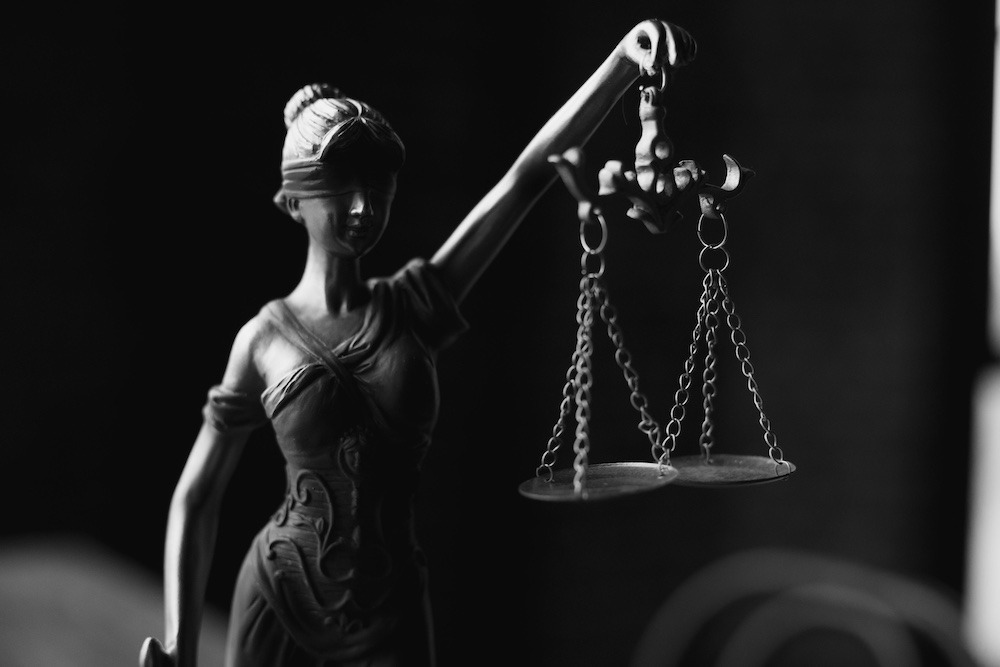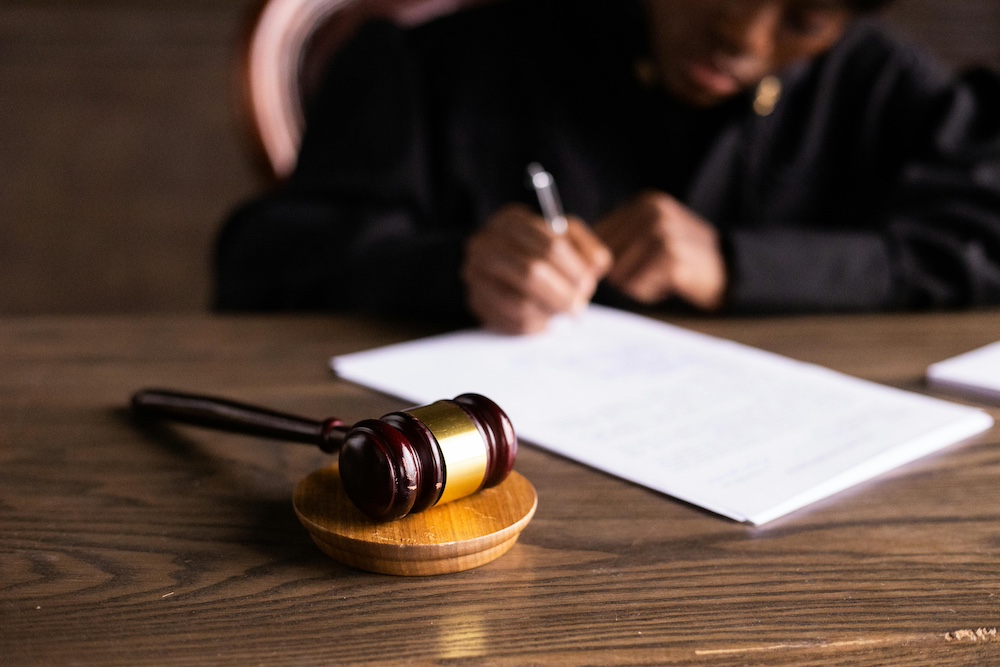A show cause hearing is one of the most important stages in the Canadian criminal justice process, especially for those facing the prospect of remaining in custody while awaiting trial. Understanding what a show cause hearing is, why it takes place, and how it can impact your case is essential if you or a loved one have been arrested. This type of hearing determines whether an accused person should be released on bail or detained until their trial. The outcome can have significant consequences, not only for the accused’s liberty but also for their ability to prepare a strong defence.
What is a Show Cause Hearing?
A show cause hearing, also referred to as a bail hearing, is the process where the court decides whether an accused person should be released from custody before their trial. The name “show cause” comes from the fact that either the Crown or the defence must “show cause,” meaning provide reasons, for why the accused should or should not be detained. The hearing typically takes place within 24 hours of arrest, or as soon as possible thereafter.
Who Has the Burden at a Show Cause Hearing?
In most cases, the Crown has the responsibility to show cause as to why the accused should not be released. This means the Crown must demonstrate that detention is necessary to ensure the accused appears in court, to protect public safety, or to maintain confidence in the administration of justice. However, in certain serious circumstances, such as firearm offences, drug trafficking, or situations where the accused was already on bail when re-arrested, the burden shifts to the accused. In these cases, the accused must show cause as to why they should be released. This is referred to as a “reverse onus” situation.
The Factors Considered by the Court
The Criminal Code of Canada sets out three primary grounds that the court considers when deciding bail at a show cause hearing:
- Primary ground: Will the accused attend court as required?
- Secondary ground: Is the accused a risk to public safety or likely to commit further offences if released?
- Tertiary ground: Would releasing the accused undermine public confidence in the justice system?
The court carefully reviews evidence, the nature of the charges, the accused’s criminal record, and any proposed release plan before making a decision.
Possible Outcomes of a Show Cause Hearing
At the conclusion of a show cause hearing, the court may:
- Release the accused without conditions: This is rare but possible in less serious cases.
- Release the accused with conditions: The most common outcome, where the accused is granted bail under conditions such as curfews, no-contact orders, reporting requirements, or prohibitions on alcohol, drugs, or weapons.
- Require a surety: A surety is someone who supervises the accused, ensures compliance with bail conditions, and may pledge money as a financial guarantee.
- Detain the accused in custody: If the Crown meets its burden or the accused fails to meet a reverse onus requirement, the court may order continued detention until trial.
The Role of a Surety in Show Cause Hearings
Sureties are often central to a successful bail application. A surety is typically a family member or close friend who agrees to monitor the accused’s compliance with conditions. Courts will assess whether the surety is responsible, financially stable, and genuinely able to supervise the accused. If a surety is approved, they may pledge a financial amount that they risk forfeiting if the accused breaches bail.
Consequences of Being Detained After a Show Cause Hearing
If bail is denied and the accused is detained, it can make defending against the charges far more difficult. Detention limits access to family, work, and resources needed to build a strong case. Time spent in custody before trial may also affect the accused’s mental health and overall well-being. While time served in pre-trial custody may sometimes count toward sentencing, the immediate impact of detention can be severe.
Appealing a Bail Decision
If bail is denied at a show cause hearing, the accused has the right to appeal the decision. This appeal is made to a higher court, which will review whether the lower court applied the law correctly and fairly. Having strong legal representation during both the initial hearing and any appeal is critical to increasing the chances of release.
Why Legal Representation Matters
Show cause hearings move quickly, and the stakes are extremely high. A criminal defence lawyer plays an essential role in preparing a strong release plan, negotiating with the Crown, presenting evidence, and proposing sureties. Effective advocacy can mean the difference between being released with conditions or spending weeks or months in custody awaiting trial.
Schedule a Free Consultation with Lichtman Law
If you or a loved one are facing a show cause hearing, it is vital to understand your rights and the importance of presenting a strong case for release. Contact Lichtman Law today to schedule a free consultation with an experienced criminal defence lawyer who can guide you through the process and fight for your freedom.


